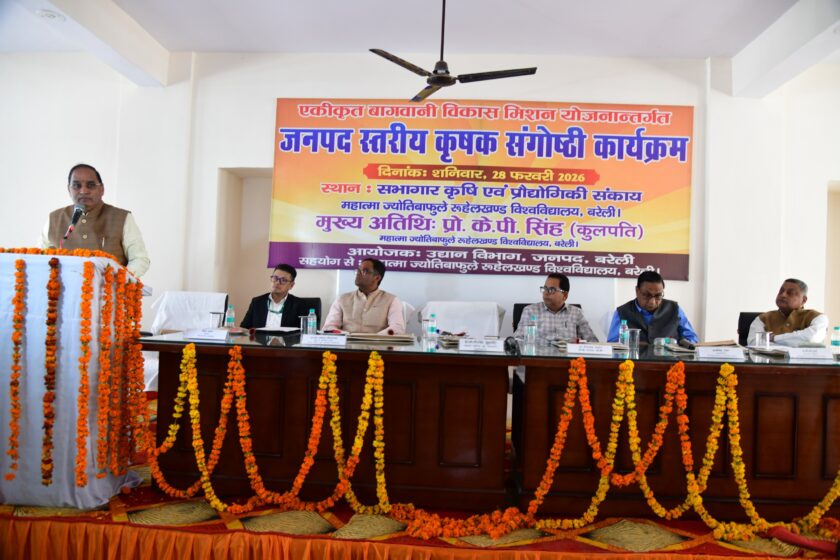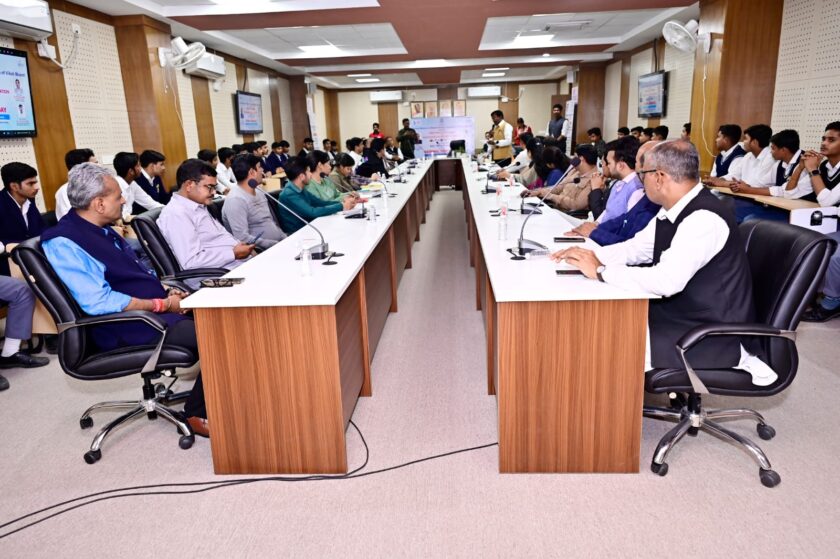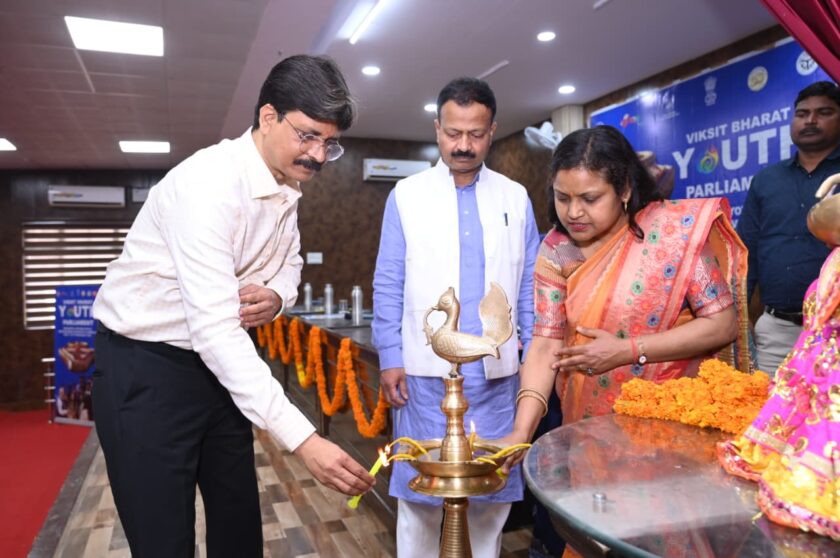Patna — As Bihar gears up for the upcoming assembly elections, tensions within both the Mahagathbandhan (Grand Alliance) and the NDA (National Democratic Alliance) are surfacing over seat-sharing arrangements, signaling internal strife ahead of the polls. While public disputes remain limited, behind-the-scenes disagreements are intensifying, and threats of confrontation have begun to emerge.
Within the Mahagathbandhan, conflicts between the Rashtriya Janata Dal (RJD) and Congress over seats have grown particularly sharp. Congress initially staked a claim for 76 constituencies, compared to the 70 it contested in 2020, when it won only 19. The party attributes its poor performance to low strike rates rather than leadership issues. In response, RJD leader Tejashwi Yadav has asserted that if an agreement cannot be reached, RJD is prepared to field candidates in all 243 seats, signaling a hard stance against Congress pressure.
Congress, buoyed by perceived gains from the Voter Rights Yatra, is now asserting parity with RJD and even staking an early claim to the Deputy Chief Minister’s post, reflecting its growing assertiveness. However, some Mahagathbandhan partners, including CPI(M), have urged Congress not to overreach, advocating a focus on winning efficiency rather than sheer number of seats. A scheduled meeting on September 15 was reportedly canceled due to these disagreements.
Political analysts note that while Congress may perceive itself as stronger, it must ultimately accept collective alliance decisions to remain relevant, recognizing RJD’s dominant position in Bihar politics. The real test will come when national leaders, including Rahul Gandhi, engage directly with Tejashwi Yadav.

Meanwhile, tensions over seat allocations are also evident within the NDA. Former Bihar Chief Minister Jitan Ram Manjhi demands 20 seats to secure legislative recognition for his party, while Chirag Paswan’s LJP(R) not only seeks more seats but also a role for Chirag in the Chief Ministerial race.
Such disputes are common in Bihar’s multi-party alliances, as smaller and medium-sized parties push for greater recognition based on perceived gains over the last five years. In the Mahagathbandhan, Tejashwi Yadav’s RJD remains the dominant partner, leaving Congress limited options other than compromise. Without cooperation, the alliance risks friction that could affect its electoral prospects.
As seat-sharing negotiations continue, Bihar’s alliances face the dual challenge of maintaining unity while managing internal ambitions—a delicate balancing act that will significantly shape the upcoming assembly elections.









